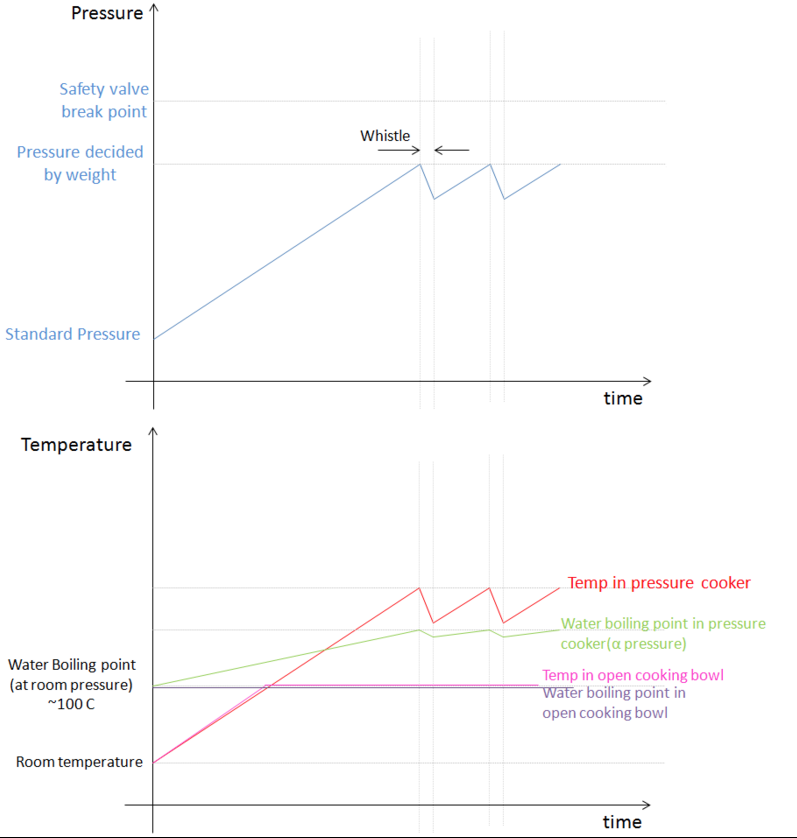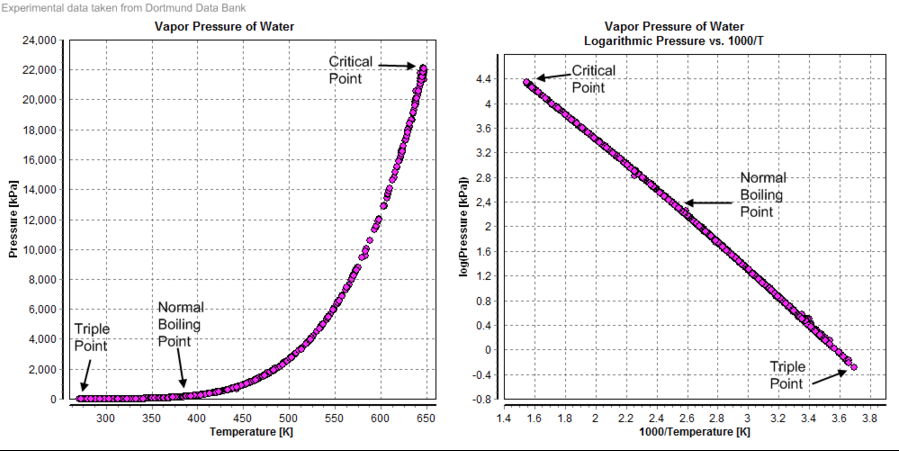I have been extremely curious on how to get water even hotter by couple more degrees when its boiling.
Rather then adding salt .... I started to stirring it..
Same Concept works with cooling the water in metal pan. You are forcing the water on sides of the pan.
so now I'm wondering if the same concept can be using when using it for steam powered energy.
Add more steam. Rather then increasing the fire Just simply start the rotator with blades inside water boiling. Not sure.
Can someone help and do couple test? See what the results are. Very Curious.


